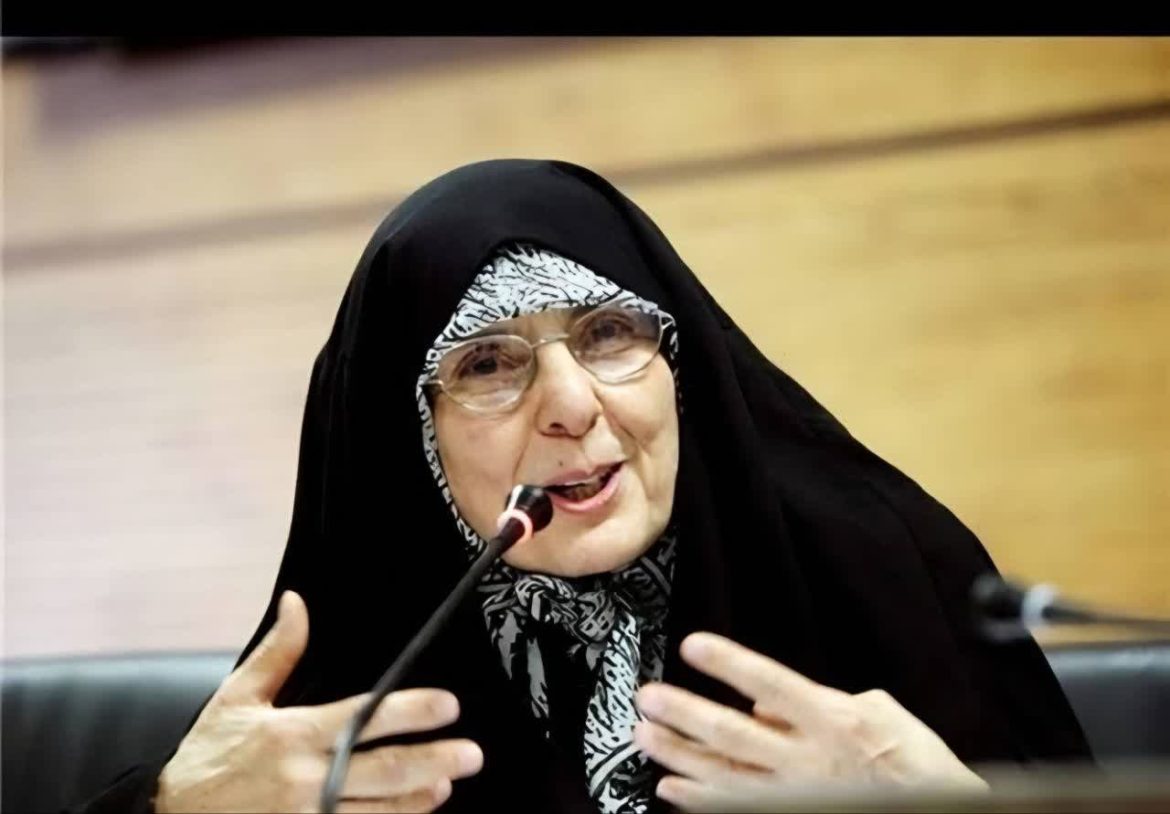Doctor Touba Kermani lived a life of dedication, bridging cultures, faiths, and borders. From her tireless international presence to her unwavering commitment even through illness, she showed what it meant for one person to move the world and to become, in the words of the late Ayatollah Mohammad Ali Taskhiri, “alone a whole Ummah.”
Presence beyond the stage
Whenever my mother took part in conferences, international programs, or cultural responsibilities, she did so with full intention—not merely to speak but to connect. Every moment was an opportunity: to meet people of different backgrounds, to build bridges, to exchange ideas. And when she returned home, her real work often began: nurturing those new relationships, inviting dialogue, following up—and sometimes, maintaining those connections for years. So many foreign women thinkers and scholars grieved her passing, sending messages of deep sorrow—not only for her loss, but for the absence of someone they had come to love and respect.
In Greece: Building understanding where others held prejudice
Between 2007 and 2010, my mother served as the cultural and scientific attaché of the Islamic Republic of Iran in Greece. There, she engaged with religious and intellectual leaders as well as women’s communities despite significant social and historical obstacles. Many Greeks, largely Orthodox Christians, harbored distrust toward Islam due to painful memories of past conflicts. Yet in just three years, my mother’s presence, sincerity, and dedication led to over a hundred Greeks embracing Islam and Shi‘ism. She did not merely preach—she listened, debated, respected. It was during this period that Ayatollah Mohammad Ali Taskhiri told her, “You alone were an Ummah.” This was no casual remark, but a recognition of how one person’s deeds can embody the unity and leadership of a whole community.
Discipline, sacrifice, and faith lived daily
Even when my father’s health meant living in a small house in the northern villages of Tehran, and despite fatigue and demanding schedules, she rose at 4 a.m. to begin each day. Before the university day started, before traffic clogged the roads, she prayed, she studied, she prepared. I begged her to rest more; she replied that every minute in traffic or delay was a minute lost to her mission. In her final years, even while battling cancer, she worked 17-hour days, fulfilling her university, cultural, and religious obligations. She considered these duties sacred: part of her religious and social responsibility toward Islam, toward the Imam Mahdi, toward the supreme leader. She often said: “These are the things we leave behind, the things that will be remembered.”
A legacy that transcends mourning
When she died, people around the world—scholars, women leaders, those who knew her and those who only heard of her—expressed grief. Because she was more than a professor or a philosopher; she was a bridge between traditions, a voice for unity, a scholar whose work in philosophy, ethics, women’s education, and interfaith understanding cut across boundaries. Her life reminds us that one person, deeply rooted in purpose and faith, can become a whole community—not by speaks, but by doing.
From: Soha Magazine / Issue No. 2.


